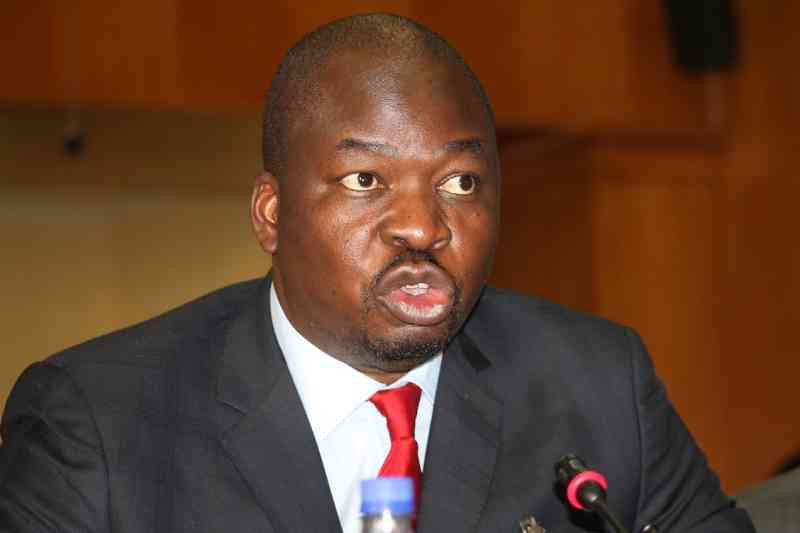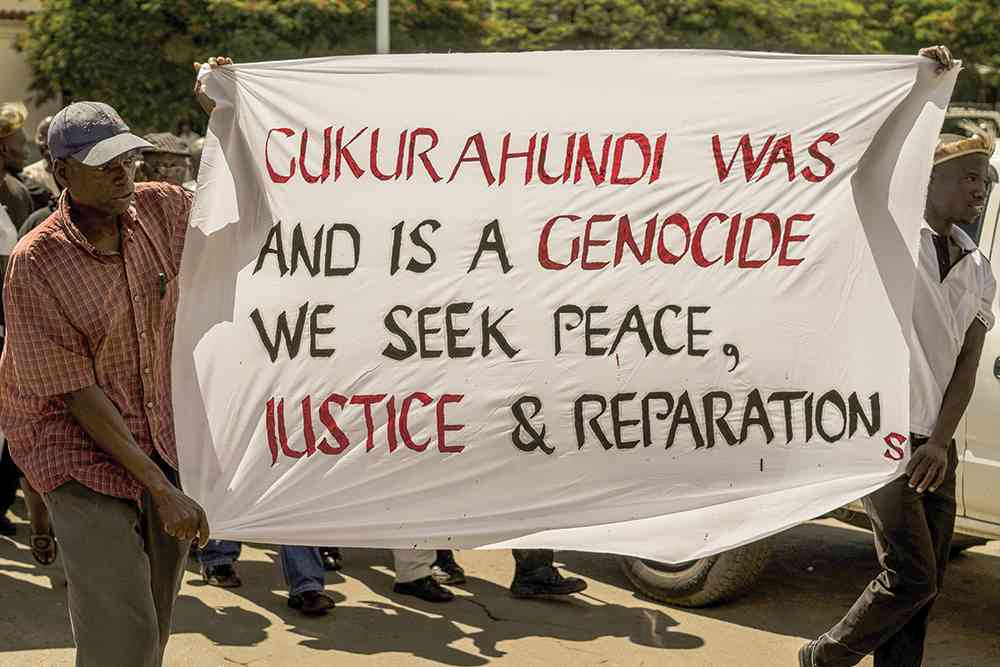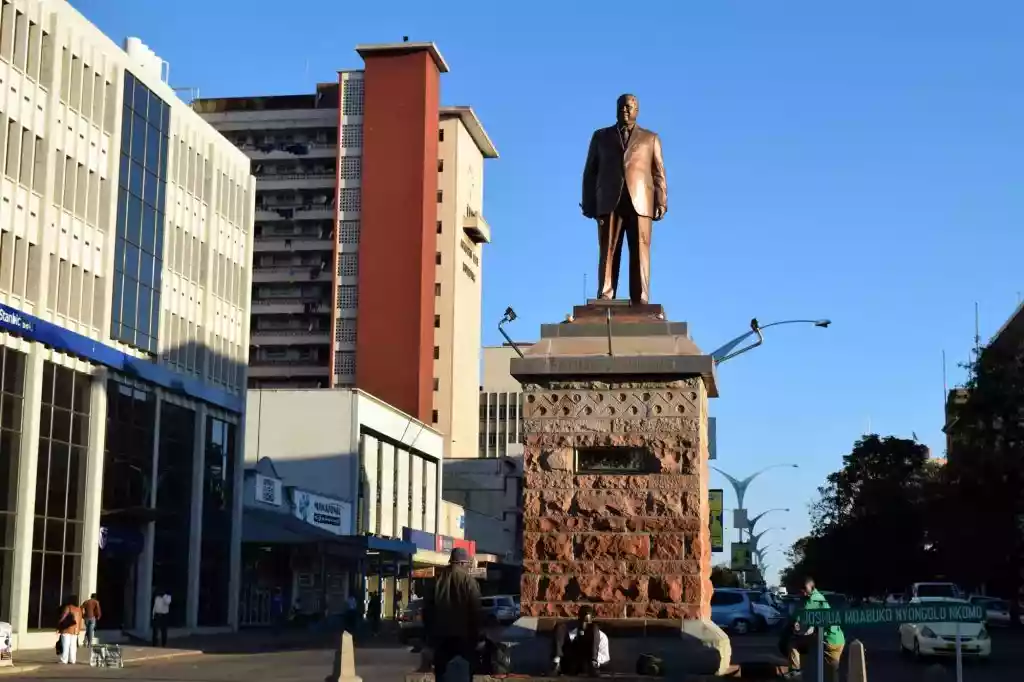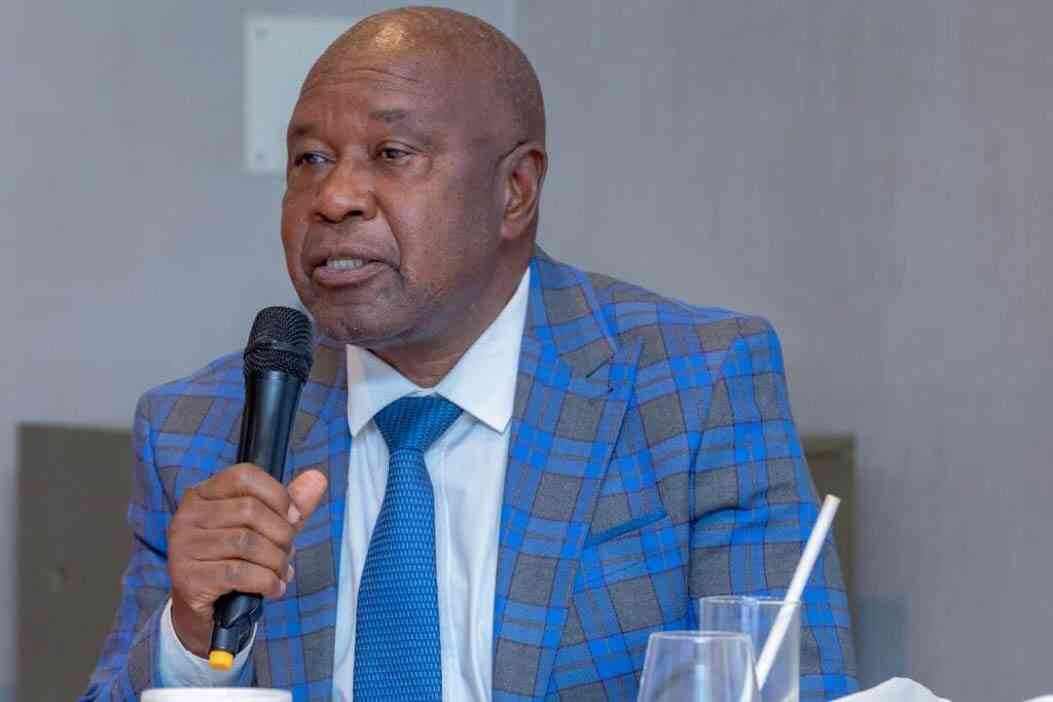
The government has removed the safety net for smugglers, instructing the Zimbabwe Revenue Authority (Zimra) to automatically seize all contraband and the vehicles hauling it — with no recovery available.
Finance secretary George Guvamatanga on November 12 directed Zimra to tighten the border enforcement of the Customs and Excise Act at all times, essentially ending negotiated settlements at the border.
Guvamatanga said the measures were meant to strengthen the ongoing anti-smuggling campaign.
“Whilst Treasury appreciates the progress made so on the anti-smuggling campaign, there is need for the authority to increase public awareness campaigns on the dangers of smuggling and the consequences thereof,” read the directive addressed to Zimra commissioner general Regina Chinamasa.
“In this regard, where the law prescribes forfeiture of any goods, which are subject of an offence, the said goods should be forfeited to the state without reservation.
“Furthermore, where the smuggled goods cost more than the payable duty, Zimra is directed to automatically forfeit such goods with no option to pay duty.”
The directive’s immediate implementation is intended to recapture millions from lost annual revenues and to protect local industry from the high tide after tide of illegal and cheap imported items.
The changes mean no further penalties or taxes paid by offenders to recover seized items.
- ‘Killer’ soldier granted bail
- Feature: Insects, solution to Africa’s malnutrition and food problems
- Letter to my people: ‘Let them eat cake’: Chris and Monica escapades
- Letter from America: The death of the Zimbabwe dollar shows the King has no clothes
Keep Reading
Under the new rules, all smuggled goods valued above the evaded duty will be permanently forfeited to the state.
This is clearly aimed at the economics of smuggling, where fines are historically a “light” business expense.
And the state is raising the stakes, so that the result should be a losing, loss you can’t get back.
The directive expressly gives authorities authority to seize not only the illicit goods, but also the vehicles used to transport them.
Zimra is now empowered to claim ownership of trucks, buses or other vehicles involved in smuggling operations by virtue of Sections 188 and 193 of the Customs Act.
This broadened liability comes with a new, burdensome financial burden for transport and logistics firms, who are now required to vet cargo closely to avoid the loss of much-needed capital assets.
The hardline stance is a response to what officials say have been severe economic damage.
A wide variety of smuggling undermines tax collection habits, with the result that its effects are corrosive to the tax base, reducing resources for public goods, and a low playing field for local manufacturers who hand over all their taxes and meet regulations.
Guvamatanga’s directive, which was copied to the Finance minister Mthuli Ncube and copied into the President’s Office, is meant to secure the country’s borders and fiscal health.










